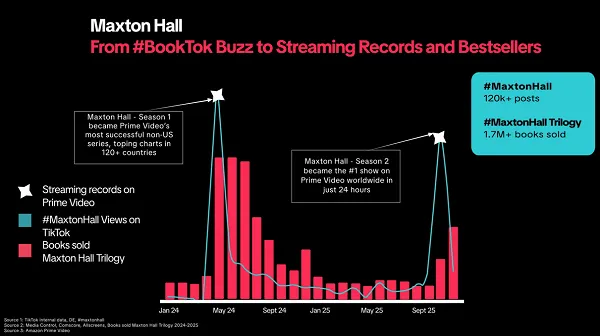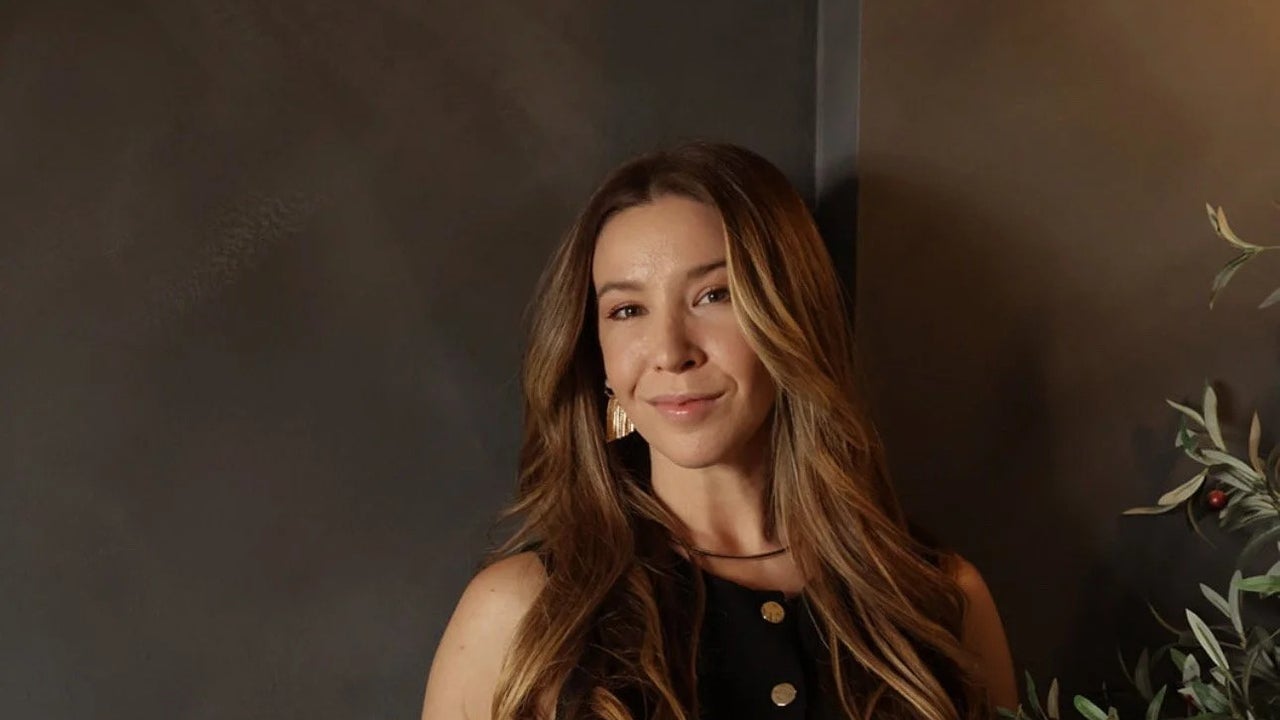A Psychologist's Foolproof Approach To Making A New Habit Stick
The 3 B's of building habits.

Image by Giorgio Magini / Stocksy April 09, 2025 We carefully vet all products and services featured on mindbodygreen using our Our selections are never influenced by the commissions earned from our links. If you don't have a morning, bedtime, or fitness routine yet, that's OK. I have many incredibly successful clients who were embarrassed about that, telling me they have often tried and failed. On deeper inquiry, these clients revealed that they started these habits because some book or method promised success. Then they dropped off midway, never to return. You see, unless it's something to do with our roles and obligations—such as having to wake up early to drop the kids off at school or having weekly check-ins with your team—it is mighty difficult to cultivate a new habit. But when I talk about new habits, I'm not just talking about routines and rituals. This also includes getting rid of something bad in our lives, healing from a difficult time, or starting something new. These are all habits that can be cultivated. 
Why your method of cultivating habits isn't working
Often we look for some heralded solution, like a single therapeutic method or a self-help book, as the holy grail. Despite the best of intentions, we blindly take those on, and then we stumble.
Take, for instance, how meditation (or mindfulness) is often touted as a cure-all for everything, from mental health challenges to weight loss to career success. But even if you came home from a wellness retreat blissed-out, continuing to integrate those practices into your real life can be more of a challenge, and unfortunately, that's where it really counts.
Sometimes we are told to simply recite a mantra to change our mindset. And while that can be helpful at times, our real beliefs about ourselves, the future, and the world are really what matters. You can tell yourself you're amazing and successful, but if you don't truly believe it, then two things often happen: First, you might achieve what you set out to and then sabotage it. Second, you might never get there and then feel disheartened.
And then, some of us—those who are wired Type-A in particular—need to understand why we're doing what we're doing. Just breathe! often isn't enough; we will end up conducting these behaviors with suspicion and resentment. For some of us, this disparity between what we are doing and our real thoughts will work in our favor, as we learn to look for evidence that we are on the right track. For others, we end up falling through the cracks.
There's also the case of analysis-paralysis. A classic example will be a client reaching out, telling me they've spent the last decade in psychotherapy, and their panic attacks have not improved. Initially miffed, I'd ask, "But what have you been discussing for the last 10 years?" Often the answer is "family dynamics" or "my childhood." While there is a place for understanding your background, it's far from the be-all and end-all. Our emotions and trauma are stored in our body; intellectualizing them away doesn't always help.
Finally, there's the good ol' case of sabotage. More often than not, clients will start out being consistent, until one slip-up has them feeling despondent, like they're back to square one. This has nothing to do with their character flaw or weakness—it's human nature. The brain resists change, so we often sabotage our own behaviors. Once someone rises up from that week, though, they realize they have the power to do anything.
The 3 Bs of building habits
Don't get me wrong. I'm not blasting the above methods. In fact, I practice them both personally and professionally. What I'm saying is they aren't enough on their own. We need different pieces of the puzzle to come together, in what I call the 3Bs:
When we cultivate a new habit, we will make decisions. The simplest of which is: Do I practice this habit, or do I default to the easier thing? There will be many times when life throws our minds into a frazzled tornado, so we have to learn to care for it. Taking care of our minds via deep breathing is one of the first things I teach, because:
In other words, we bring our higher brain back online, fully making use of what it means to be human. This way, we make decisions from a grounded and wiser place rather than creating more messes to clean up.
More importantly, my friends and meditation teachers Tay and Val say, "We take about 21,600 breaths each day. That's 21,600 opportunities to reset (from distractions), recharge (from life), and return to the practice. The breath is the anchor upon which we remind ourselves to return to the practice of our new habit. Our breath is also the most direct way for us to access our nervous system—activating the parasympathetic system. This helps us access more resources (energy and attention) toward forming the new habit."
And rest assured, I'm not advocating for you to take weeks off to go to a retreat. I'm not even asking you to set aside an hour each day: All you need to do is get the fundamentals right; otherwise, you could breathe for weeks and only feel worse.
When thinking about breathing in, many of us (especially when anxious), end up sucking our bellies in. When the brain picks that up, it thinks we're under threat and will marshal resources to fight that nonexistent threat, making us even more depleted.
Here's how to breathe correctly:
When you're breathing correctly, all your attention is focused on breathing, so there's no energy to be diverted toward other distractions. Of course, there are plenty of funky things you can do with breathwork, such as varying the time in inhalation or exhalation. A great resource to learn more about breathwork is James Nestor's book Breath and the mbgpodcast episode with Nestor.
Most importantly, make this brain reset a habit. I use it when I'm transitioning from one activity to another, as a kind of boundary. This way, I'm always taking care of my mind.
First, ascertain how much you need to understand why you do what you do. If you're like me and need your brain to come on board first, then research or ask an expert the reasons behind their recommendations.
Second, figure out the real why for doing what you do. Spend at least 10 minutes reflecting on this: Maybe it's a superficial reason you judge yourself for, but admitting it can help get you motivated. Also know that your reasons will change, and the more a goal affects different areas and relationships in your life, the more likely you are to be successful. In addition to that far-reaching impact of your goal, your efforts may also inspire those around you, whether it's your kids, your friends, or your mentees.
Third, get clear on the stories you tell yourself. We are held by the puppet strings of the invisible scripts we hold, and plenty of these stories were created when we were younger or going through a difficult period. Over time, as we kept telling ourselves those stories, and then getting into situations that confirmed them, they grew stronger. Unearthing these stories can be done with a professional and may take time. Since many of these beliefs, emotions, and traumas are stored in the body, make sure that you work not only to get rid of them but also to replace them with new beliefs that serve you.
Fourth, know that you'll sabotage yourself. It's not you; it's human nature. There will be days when you want to give up, and you may take that as an excuse to not resume that habit. Whatever it is, you have to remind yourself this: It's about committing to recommitting.
You can change all the brain chemicals you want, but if you don't change your behaviors, nothing will change in the long run. This means creating structures and environments that unwire your bad habits and rewire new helpful habits.
Some things that work include:
The takeaway
Cultivating new habits requires thoughtfulness. Know that the time spent to build the foundation, master the steps, and then finesse the system will pay you dividends. If you've felt disheartened in the past, perhaps you had one of the Bs missing. Why not run a post-mortem and ask yourself what you'd do differently today with this knowledge? Then, execute it. I'm rooting for you!

 JimMin
JimMin 































